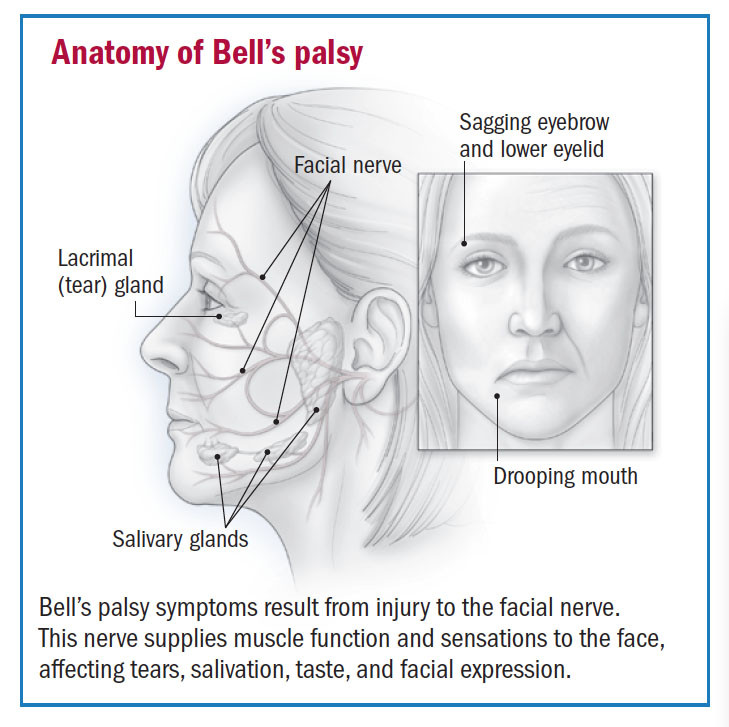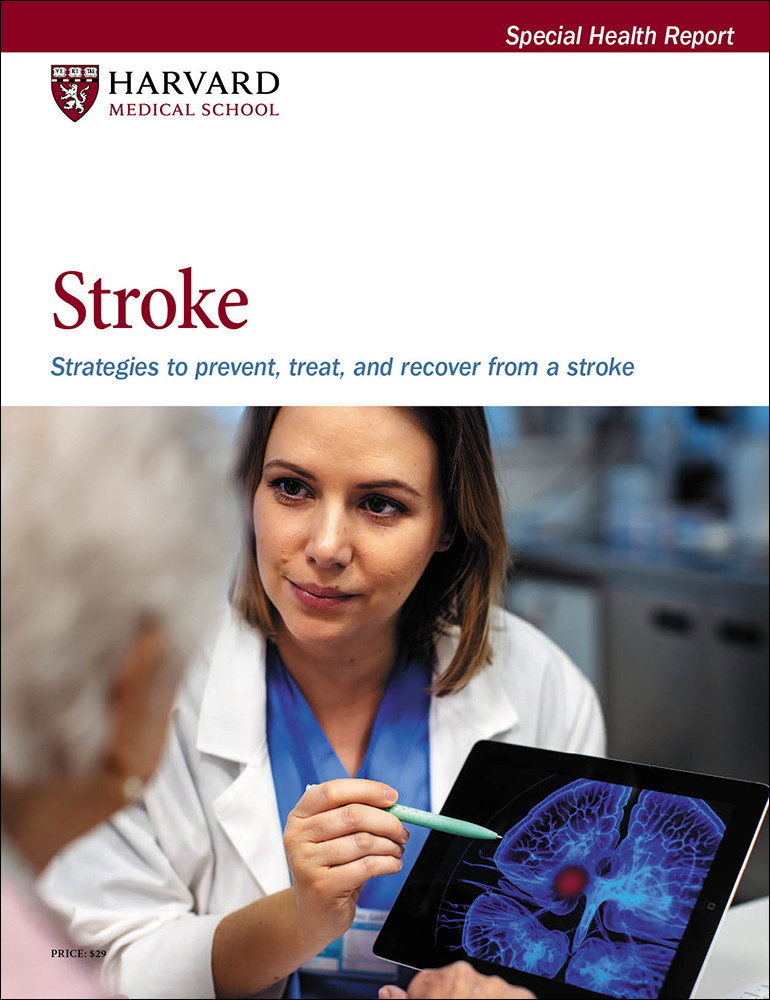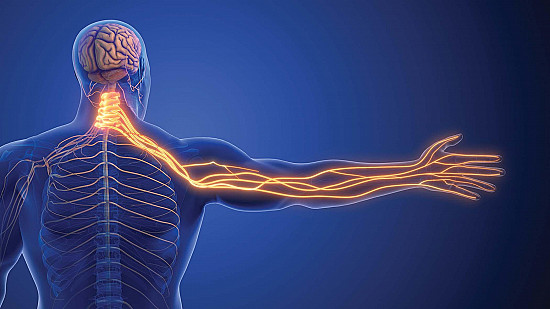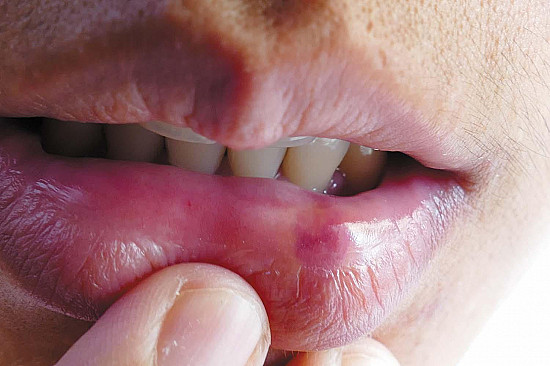
Driving with arthritis pain: Stay comfortable — and safe — behind the wheel

Daily cup of coffee may prevent afib recurrence

Gene-editing therapy lowers harmful blood fats in early study

What is EMDR therapy, and who can it help?

GLP-1 drugs versus bariatric surgery for treating obesity

Two dumbbells, three exercises, and 10 minutes

Easing the emotional burden of IBS

Modify your push-ups to meet your fitness level

What is long QT syndrome?

Stroke survivors may benefit from very low LDL levels
Bell's palsy overview
Bell's palsy, also called facial palsy, is a disorder caused by damage to the facial nerve, the nerve that supplies the muscles of the face. This damage causes partial or total paralysis of one side of the face.
No one is certain why Bell's palsy occurs, but it may be due to a virus such as herpes simplex, the "cold sore" virus. About 1 of 70 people develop Bell's palsy, usually just once.
Symptoms of Bell's palsy
Symptoms come on suddenly, sometimes preceded by a day or two of pain behind the ear. About half of all people who get Bell's palsy have partial or full paralysis of the face within 48 hours; the rest develop it within five days. Bell’s palsy symptoms include:
- drooping of one corner of the mouth
- flattening of the creases and folds in the skin
- inability to close one eyelid
- a sagging lower eyelid, letting tears spill onto the cheek
- heaviness or numbness on the affected side
The paralysis can cause food to collect between the teeth and lips, and saliva may dribble from the corner of the mouth. Some people with Bell's palsy become painfully sensitive to loud sounds.
Diagnosing Bell's palsy
Bell's palsy usually causes characteristic signs that can lead a skilled clinician to the right diagnosis. He or she must also rule out other possible causes of facial paralysis, such as a stroke. There is no specific laboratory test to confirm that a person has Bell's palsy.
A test called electromyography can confirm the presence of nerve damage and determine its severity and how much of the nerve is affected. An MRI or CT scan can rule out other problems that may be putting pressure on the facial nerve.
Treatment options
Most often people with Bell's palsy are treated with a short course of corticosteroids (prednisone). This therapy is most effective when it is started as soon as possible, preferably within three days or less of symptom onset. For severe symptoms, many doctors will also recommend the antiviral drug valacyclovir or famciclovir, in case the Bell's palsy was triggered by a herpes simplex infection.
Over-the-counter pain relievers such as aspirin, acetaminophen, and ibuprofen may relieve pain. Moist heat applied to the affected side may also help.
Bell's palsy can interfere with the eye's natural blinking ability, leaving it open to drying, irritation from debris and injury. To prevent drying, keep the eye moist with lubricating eye drops during the day and lubricating ointment at night.
Physical therapy to stimulate the facial nerve and maintain muscle tone may be helpful.
A small percentage of people with Bell's palsy have such severe injury to the nerve that they need plastic surgery to correct uneven facial muscles.
Disclaimer:
As a service to our readers, Harvard Health Publishing provides access to our library of archived content. Please note the date of last review or update on all articles.
No content on this site, regardless of date, should ever be used as a substitute for direct medical advice from your doctor or other qualified clinician.

Driving with arthritis pain: Stay comfortable — and safe — behind the wheel

Daily cup of coffee may prevent afib recurrence

Gene-editing therapy lowers harmful blood fats in early study

What is EMDR therapy, and who can it help?

GLP-1 drugs versus bariatric surgery for treating obesity

Two dumbbells, three exercises, and 10 minutes

Easing the emotional burden of IBS

Modify your push-ups to meet your fitness level

What is long QT syndrome?

Stroke survivors may benefit from very low LDL levels
You might also be interested in…

Stroke: Strategies to prevent, treat, and recover from a "brain attack"
Protect your brain: That’s the strategy that Harvard doctors recommend in this report on preventing and treating stroke. Whether you’ve already had a ministroke or a major stroke, or have been warned that your high blood pressure might cause a future stroke, Stroke: Strategies to prevent, treat, and recover from a "brain attack" provides help and advice.
Free Healthbeat Signup
Get the latest in health news delivered to your inbox!
Sign Up




